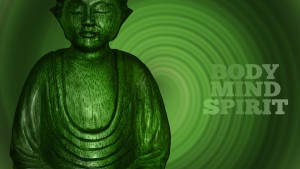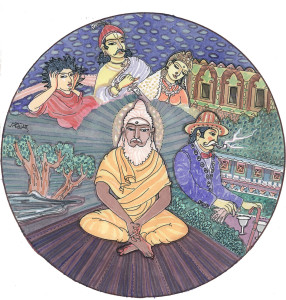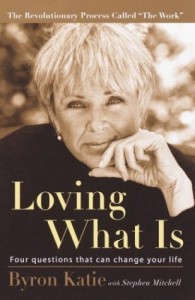
Over the years, I’ve heard literally thousands of different questions from meditators about their practice. Interestingly, all those questions really condense down to three: what, how and why.
When someone asks “why meditate?” they are often asking, “what are the benefits of meditation?”
“What will I get out of spending all that time developing present moment awareness?”
This is an absolutely essential inquiry!
When we know some of the common benefits to look out for, we’re more apt to notice them when they start happening, and, accordingly, we naturally boost our motivation & commitment levels.
Even though it could be argued that the core benefit of mindfulness meditation is freedom more, suffering less, I today wish to give a more personal, less abstract list.
After having logged 10,000+ hours of formal meditation, what do I actually see as the major benefits on my life? Continue reading








